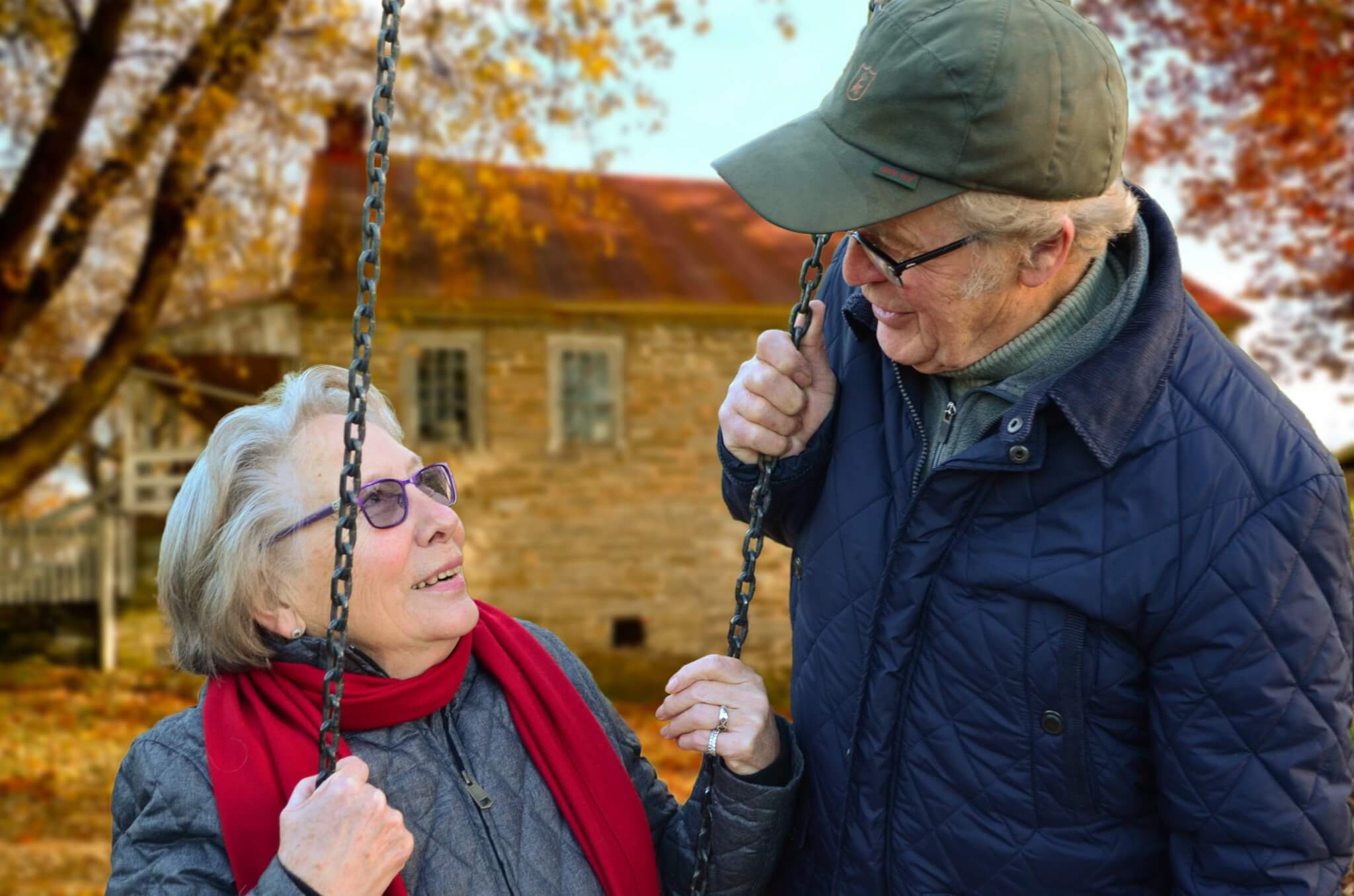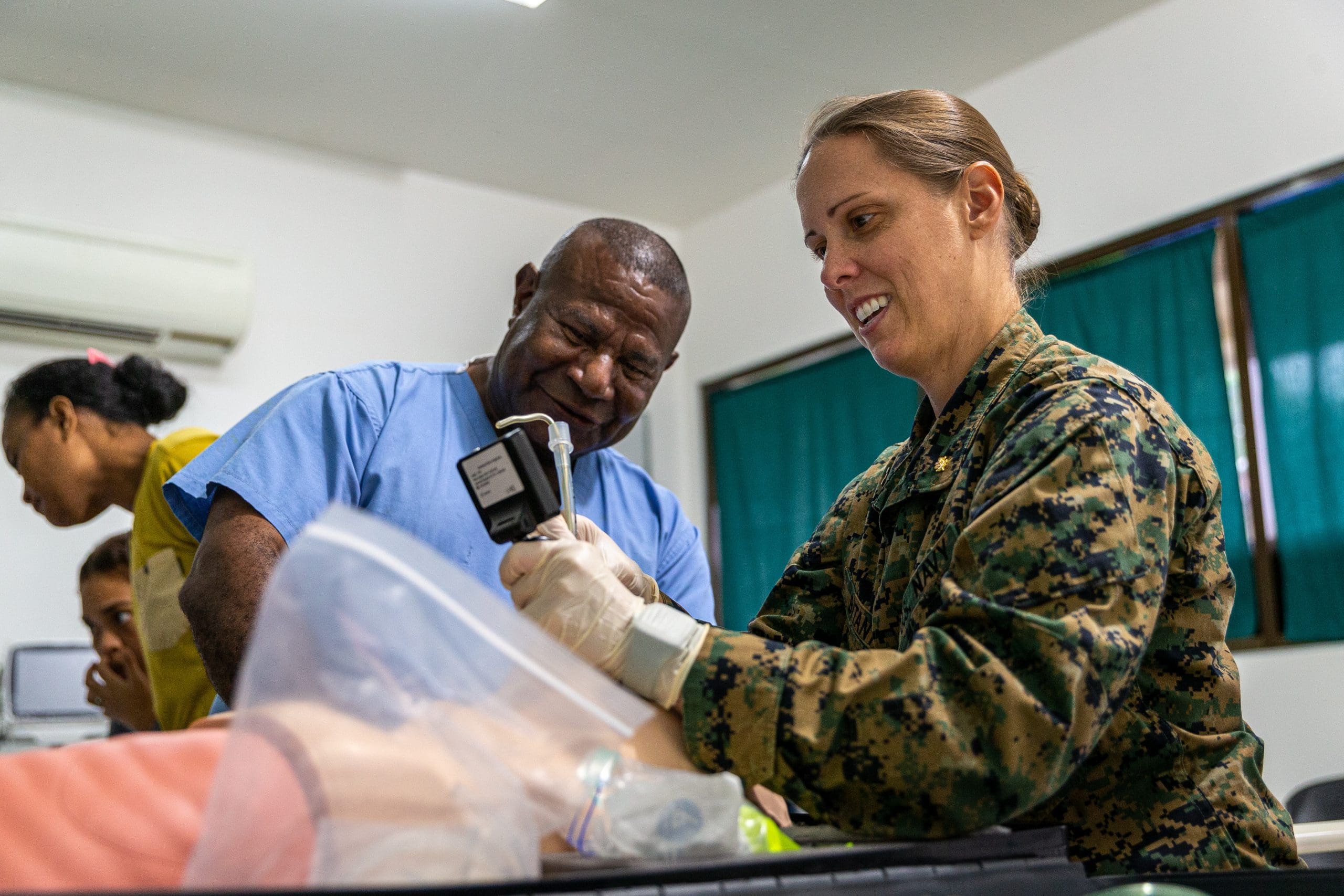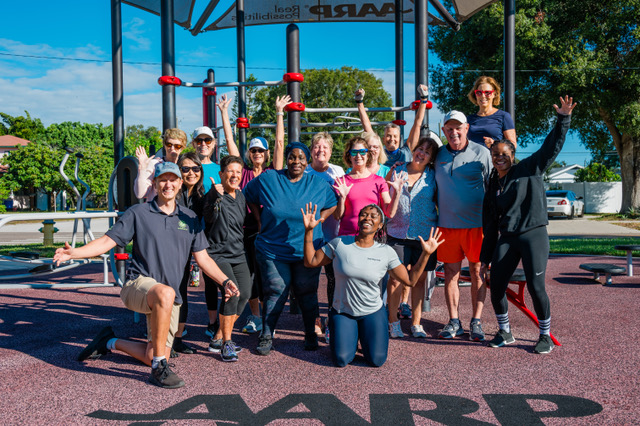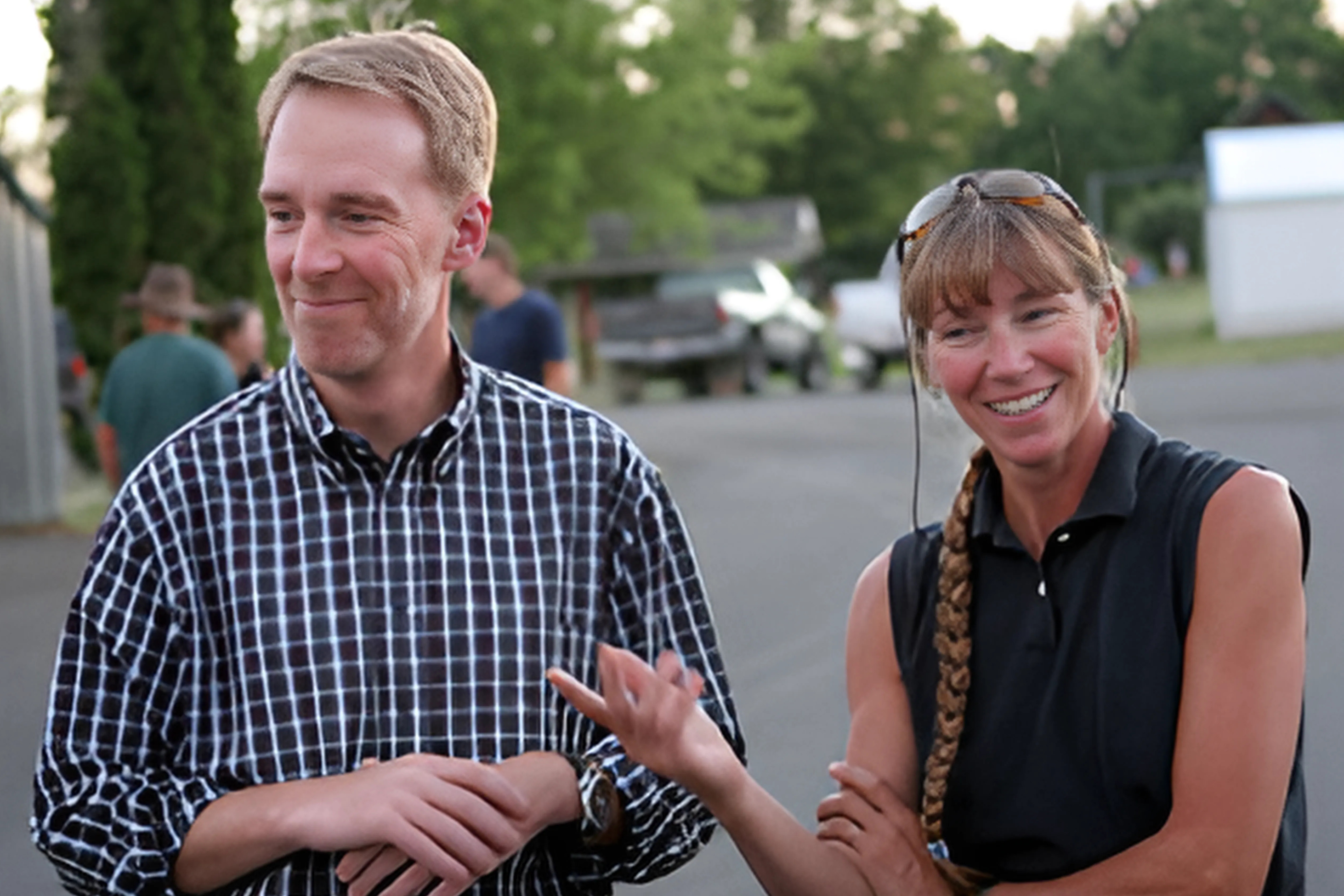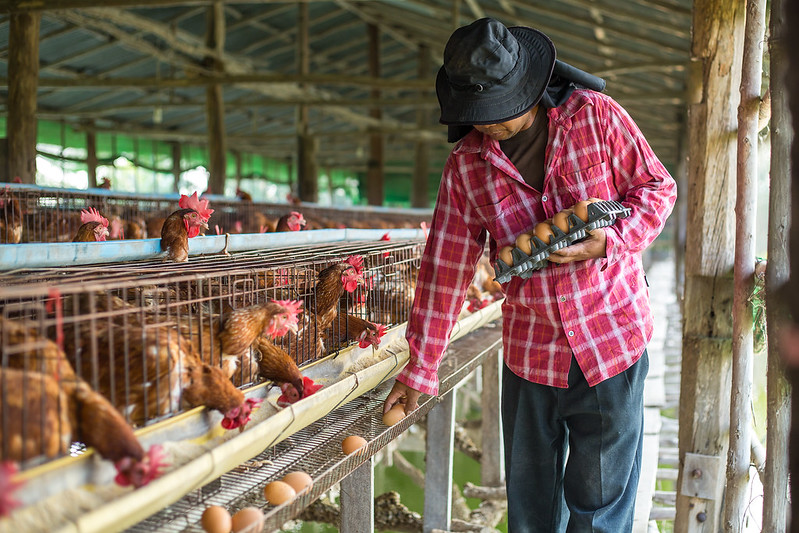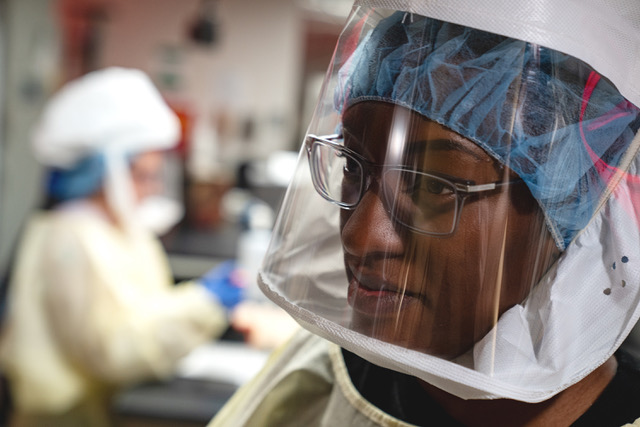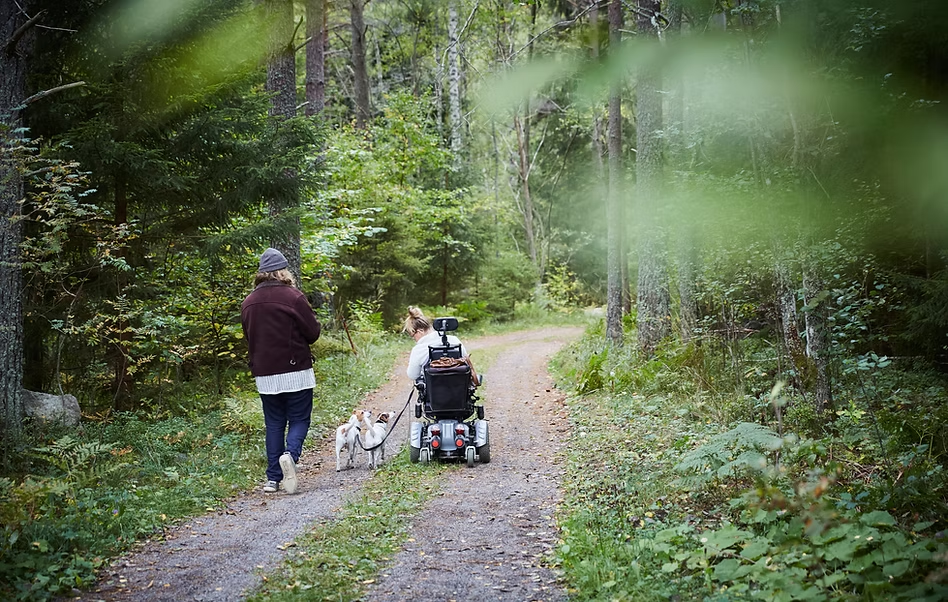Recently, America’s invaluable partnership with the World Health Organization has been put at risk. This comes at a time when Americans rely on WHO more than ever to identify and stop diseases, respond to health emergencies and keep our country safe, healthy and prosperous.
Because WHO supports the strength and health of Americans, we’ve launched Health for US to show our support for WHO. Working alongside 72 U.S. research centers and in more than 150 nations worldwide, WHO – an organization that we helped to establish nearly 80 years ago – continues to serve as a dedicated partner in American public health and health security.
Keep reading to learn how WHO and U.S. are stopping threats at their source and ensuring life-saving discoveries reach all those in need – from middle America to midtown Manhattan.

